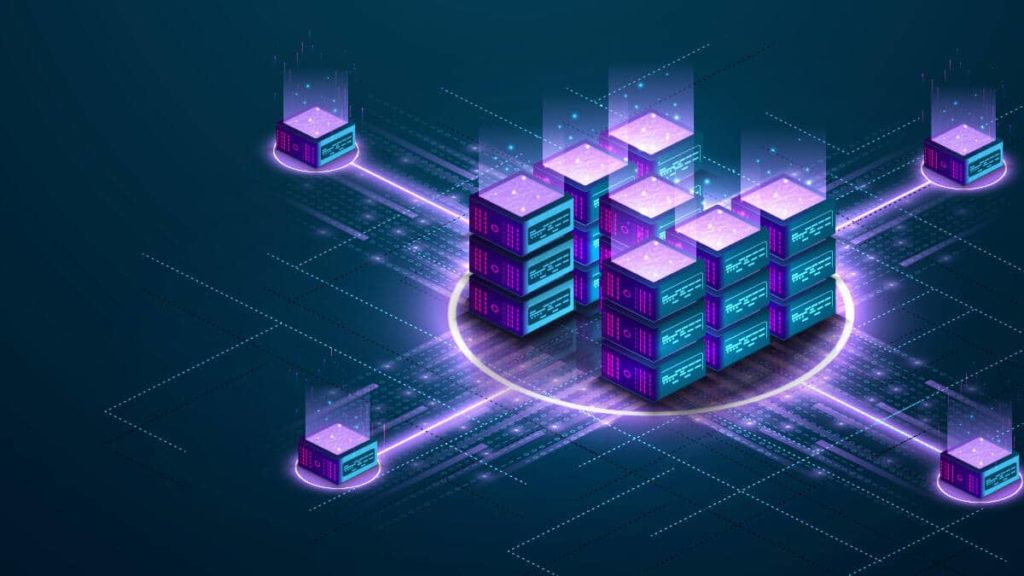Blockchain technology has taken the world by storm and made things easier, faster and more secure. In fact, there are a number of popular uses of blockchain in everyday life. Here are seven applications you should know:
Smart Contracts:
A smart contract is an automated agreement that is stored on the blockchain and executed when certain conditions are met. This removes the need for third-party agreement or oversight, meaning transactions can be completed almost instantaneously across large distances.
Cryptocurrency Transactions:
Digital assets such as Bitcoin depend on blockchain technology for security and accuracy of transactions—allowing transfer of value from one user to another with low fees in a peer-to-peer, decentralized manner.
Decentralized Storage:
With cloud storage networks relying on centralized servers, users’ data may be vulnerable to cyber attacks or breaches of privacy laws. To provide users with safer options, many are turning to data storage protocols based on blockchain concepts that store data in a decentralized way using cryptography and consensus algorithms—while still giving users complete control over their information without any middlemen interference.
Identity Verification Platforms:
Blockchain protocols allow individuals to establish digital identities backed by cryptographic signatures which can be used to safely verify someone’s identity remotely without needing any central authorities to confirm it.
Medical Data Management:
Patients can maintain lifetime health records which contain all medical history and treatments (including test results) securely stored online on decentralized ledgers rather than relying on databases managed by individual hospitals or health organizations — providing better access to personal healthcare records while maintaining patient privacy levels at the same time .
Supply Chain Management Systems :
Keeping track of product shipments from one location to another is often impossible—particularly if there are multiple parties involved in the process . Basing supply chain management systems off distributed ledger technologies such as blockchain make it possible for every stage of the logistical process (from manufacturing , shipping , customs clearance up until final delivery ) can be monitored in a single place using software – making it simpler for businesses to keep each shipment’s progress updated , together creating an efficient system known as “track-and-trace” .
Voting Systems :
Individual votes lacks transparency especially when conducted through paper ballots which increases voter fraud risk–but voting using blockchains essentially eliminates this risk due its immutable nature allowing accurate record keeping along with full traceability so that voters will know their choice was done securely without any malicious activity taking place .

